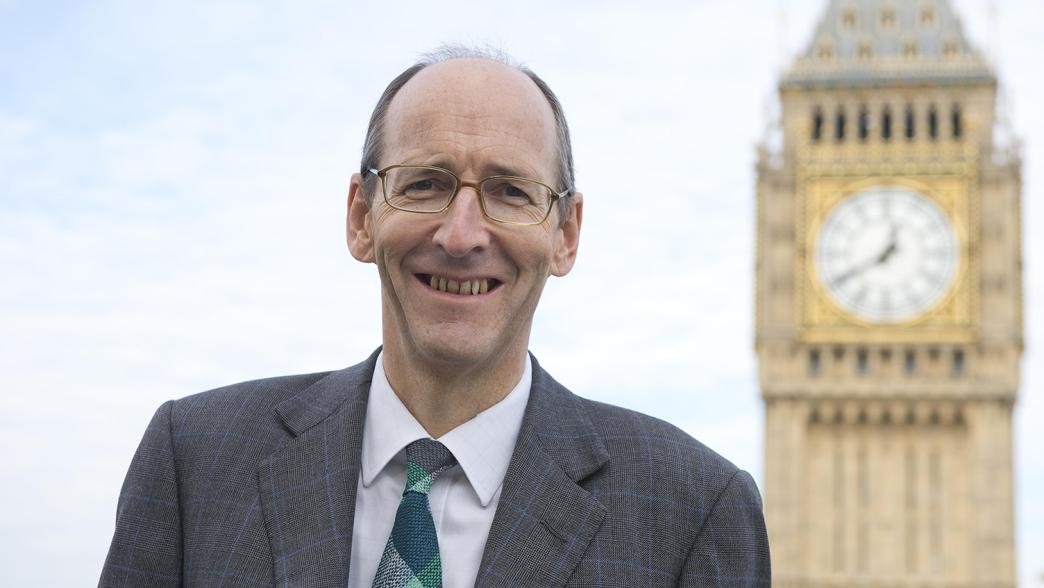Andrew Tyrie can't be an independent regulator and take the Tory whip
Andrew Tyrie's appointment as a Conservative peer is incompatible with his position as chair of the Competition and Markets Authority.

The former senior MP has been made a Conservative peer. Daniel Thornton argues that this is incompatible with his position as chair of the Competition and Markets Authority